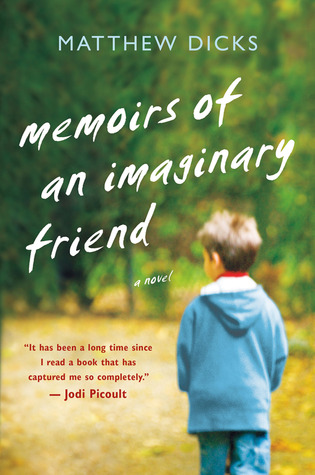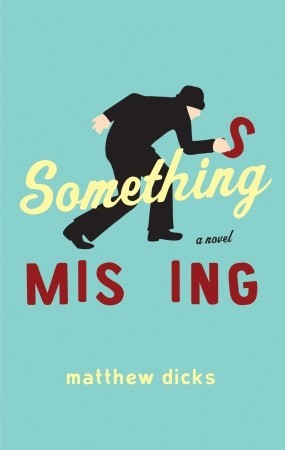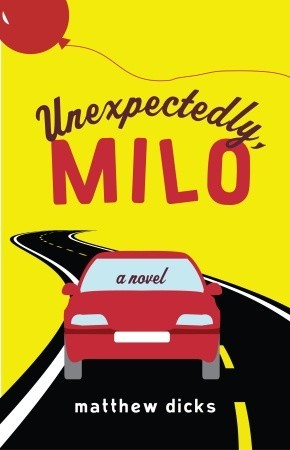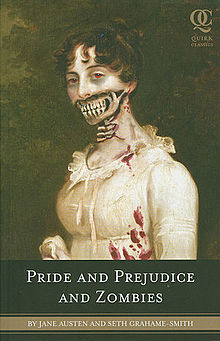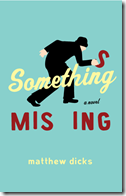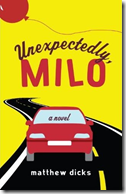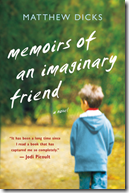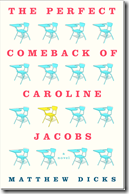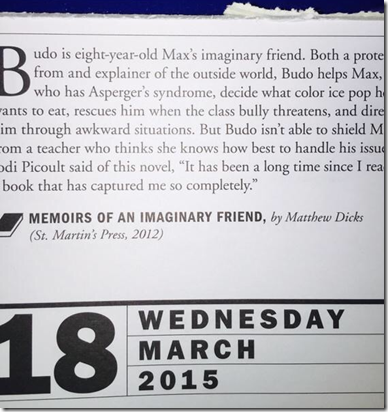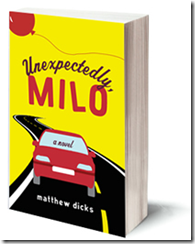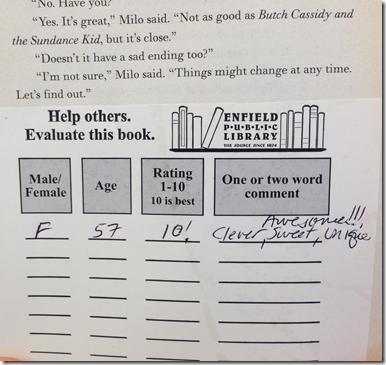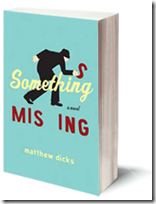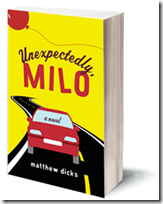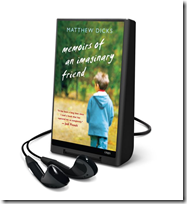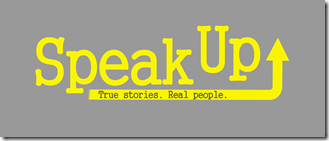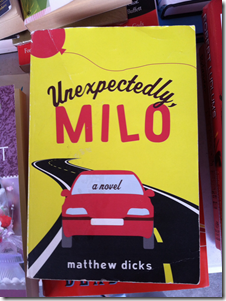Great first sentences (and an analysis of the first sentences of my own novels)
/I have no definitive favorite first line of a novel, though I am partial to the first line of Slaughterhouse Five:
"All this happened, more or less."
Also, Fahrenheit 451:
"It was a pleasure to burn."
Of all my books, I like the first sentence of Chicken Shack, my unpublished novel that will hopefully see the light of day someday, the best:
"They tried not to receive corpses on the same day as chicken, but since it was impossible to predict when a logger might fall from his bucket truck and break his neck, the two deliveries occasionally coincided."
I like to think that it works well because it’s unexpected and a little mysterious but contains enough specificity to make the initial image real for the reader. Why chicken and corpses would arrive anyplace on the same day is strange, but the specific image of the logger’s fall is enough to also establish the reader within the story.
At least I hope.
I also like the first sentence of Unexpectedly, Milo:
"The moment that Milo Slade had attempted to avoid for nearly his entire life finally arrived under the sodium glow of a parking lot florescent at a Burger King just south of Washington, DC along interstate 95."
Again, the sentence contains that combination of mystery and specificity that I like. The moment that Milo has been trying to avoid for his entire life is left undefined, but the setting is clearly established. In doing these two things simultaneously, I like to think that I both intrigue and ground the reader in the story at the same time.
However, this sentence was not originally the first sentence of the book. Prior to the addition of the prologue, this sentence appeared closer to the end of the book than the beginning. The original first sentence was:
"When he spotted the video camera the first time, sitting on the end of the park bench beneath the dying elm, Milo didn’t take it."
While I like the new first sentence better, this isn’t bad. The use of the phrase "the first time" lends an air of mystery, yet I again attempted to make the specifics of the scene (park bench beneath the dying elm) clear to the reader.
The first sentence of Something Missing reads:
"Martin opened the refrigerator and saw precisely what he had expected."
I don’t like this one nearly as much, but it accomplished the goal at the time. Compared with the other two books, I put in significantly less thought into the first sentence of Something Missing, but my intention was to begin with action, knowing how much of the story would take place within Martin’s head. I also revised the sentence much later to include the words precisely and expected, knowing how appropriate they are to Martin’s character.
The first sentence of The Perfect Comeback of Caroline Jacobs is a good one, too:
"Caroline Jacobs rose, pointed her finger at the woman seated at the center of the table reserved for the PTO president and her officers, and said it."
Truthfully, though, it's really the first paragraph as a whole that works well. The first sentence contains that same blend of mystery and specificity, but it works even better in concert with the four other sentences that make up the first paragraph.
The same holds true for Memoirs of an Imaginary Friend. The first sentence is:
This is what I know:
My name is Budo.
This is the beginning of a list of nine things that comprise the opening page, and these items work well together. In fact, the last item is the sentence that hooked by editor when she was considering the book.
Sometimes a first paragraph is more relevant than a first sentence.
One of my favorite first lines of a book (and many people's first line) comes from Charlotte's Web:
"Where's Papa going with that ax?" said Fern to her mother as they were setting the table for breakfast.
It’s probably my favorite because author EB White appears to have the same goal in mind as I do when writing a first sentence. "Where’s Papa going with that ax?” is certainly intriguing, but White also firmly establishes character and setting in the second half of the sentence.
My wife’s favorite line is the classic line from Pride and Prejudice:
It is a truth universally acknowledged, that a single man in possession of a good fortune, must be in want of a wife.
I recently attempted to challenge the merit this line, claiming that it may have a foundation in sexism, patriarchy, and materialism, but my wife threatened to go out to the shed and get Papa’s ax if I said another word.
But still, doesn’t it?
An alternative to this line can be found in Pride and Prejudice and Zombies, the retelling of the Jane Austin classic with “ultraviolent zombie mayhem!” Expectedly, the famous first line of Austin novel was re-written for this retelling:
It is a truth universally acknowledged that a zombie in possession of brains must be in want of more brains.
No question of sexism there.
Do you have a favorite first line to share? If so, please do.

